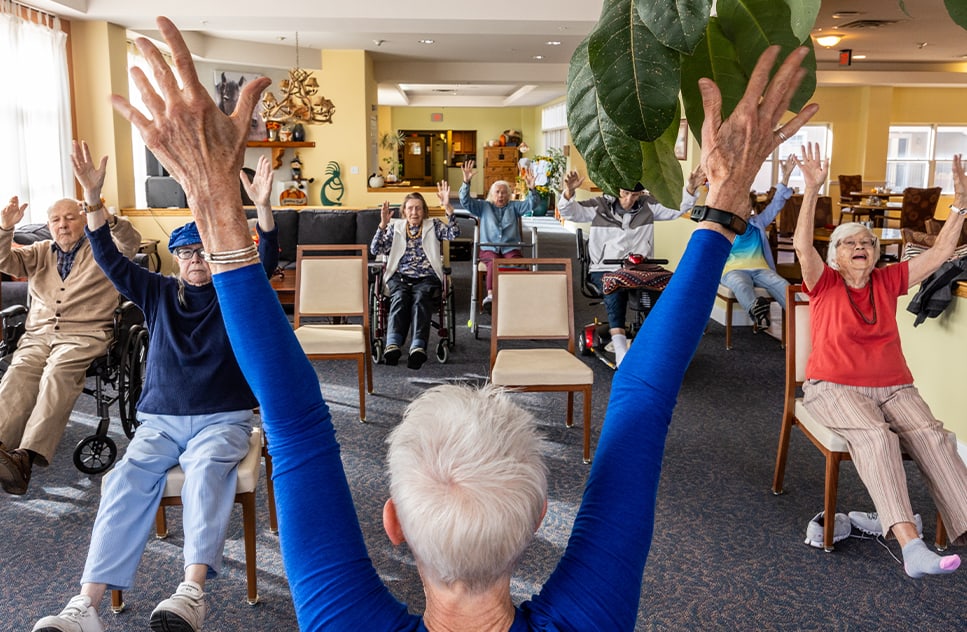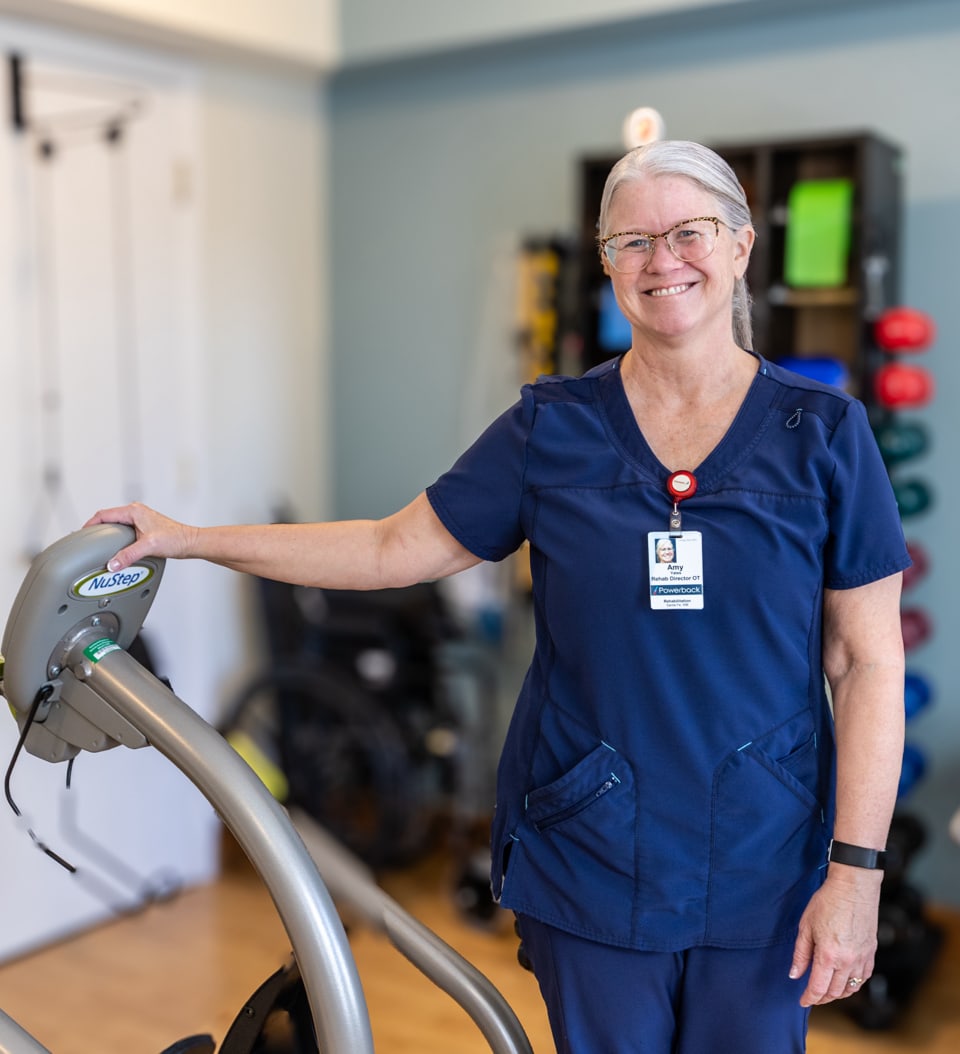Key Takeaways
- Stress can significantly impact the health and well-being of seniors, often more so than in younger adults, due to the unique age-related challenges they face.
- Early recognition of stress symptoms is critical for preventing more serious health issues.
- Adopting effective stress management techniques, such as regular physical activity, mindfulness practices, and fostering social connections, can significantly enhance the quality of life for seniors.
- Families and caregivers play a vital role in supporting seniors by creating a calm, understanding, and nurturing environment.
- Prioritizing stress management helps seniors enjoy healthier, more fulfilling golden years.
How Stress Impacts Seniors
Stress affects people of all ages, but it can pose greater risks to the health and well-being of seniors. Unlike younger adults, seniors often face challenges that make it harder to recover from stress, which can lead to serious health concerns. Understanding these impacts is essential for families, caregivers, and seniors themselves.
By recognizing stress early and adopting effective management techniques, we can ensure our loved ones stay healthier and happier during their golden years.
How Does Stress Affect Seniors?
Seniors can experience stress differently from younger people due to age-related changes in their bodies and circumstances. The aging process naturally affects how our bodies respond to stress hormones, such as cortisol, making recovery slower and the impact more pronounced.
Common stressors for seniors include health concerns, financial worries, loss of independence, social isolation, and the loss of friends or family members. These stressors can accumulate over time, creating a chronic state of stress that takes a serious toll on both physical and mental health.
How Does Stress Manifest Physically in Seniors?
Stress manifests through various physical symptoms that can be easily mistaken for typical signs of aging. Seniors experiencing chronic stress may notice:
- Headaches and muscle tension
- Sleep disturbances or insomnia
- Changes in appetite
- Digestive issues
- Increased susceptibility to infections
- Elevated blood pressure
- Fatigue and low energy levels
These symptoms often overlap with other age-related health conditions, making it essential to work with healthcare providers to identify stress as a contributing factor.
What Effect Does Stress Have on Aging?
Chronic stress accelerates the aging process and can significantly impact the quality of life for seniors in several key areas.
Cognitive Decline
Prolonged exposure to stress can harm brain function and memory. High cortisol levels interfere with the hippocampus, the brain region responsible for learning and memory formation. This can lead to difficulty concentrating, forgetfulness, and, in some cases, may increase the risk of developing dementia or Alzheimer’s disease.
Weakened Immune System
Stress suppresses immune function, making seniors more vulnerable to infections, illnesses, and slower wound healing. This compromised immunity can lead to more frequent doctor visits and longer recovery times from common illnesses, such as colds or the flu.
Heart Health
Chronic stress places additional strain on the cardiovascular system, which can lead to increased blood pressure and heart rate. For seniors who may already have underlying heart conditions, this extra stress can heighten the risk of heart attacks, strokes, and other serious cardiovascular events.
What Are the Best Stress Relief Tips for Seniors?

Fortunately, there are many effective ways seniors can manage stress and protect their health. These strategies can be easily incorporated into daily routines.
Exercise Regularly
Physical activity is one of the most effective ways to relieve stress. Even gentle exercises, such as walking, swimming, or tai chi, can help reduce stress hormones and release mood-boosting endorphins. The key is finding activities that are enjoyable and appropriate for individual fitness levels.
Stay Socially Engaged
Maintaining connections with family, friends, and community groups provides emotional support and reduces feelings of isolation. Regular social interaction can significantly lower stress levels and improve overall mental health.
Practice Relaxation Techniques
Deep breathing exercises, meditation, and gentle yoga can help activate the body’s relaxation response. These techniques can be learned easily and practiced anywhere, making them accessible tools for stress management.
Prioritize Sleep
Quality sleep is essential for stress recovery and overall health. Establishing a consistent bedtime routine, creating a comfortable sleep environment, and addressing any sleep disorders can significantly improve stress resilience.
How Can Senior Living Help Reduce Stress?
For many families, senior living communities provide valuable support in managing stress and promoting the well-being of their loved ones.
Assistance with Daily Tasks
Senior living communities provide help with daily activities that may have become stressful or overwhelming. This assistance allows residents to focus on enjoying their lives rather than worrying about household chores, meal preparation, or maintenance tasks.
Social Engagement
These communities foster natural opportunities for social connection through organized activities, communal dining, and shared spaces. Regular interaction with peers helps combat loneliness and provides emotional support during challenging times.
Stress-Free Environment
Professional senior living communities create environments designed for safety, comfort, and peace of mind. From emergency response systems to secure environments, these communities alleviate many of the everyday stressors that seniors face when living independently.
Physical and Mental Health Support
With 24/7 care and access to healthcare professionals, senior living communities provide the medical support that many seniors need to manage stress-related health issues effectively. This comprehensive approach to wellness helps residents maintain their quality of life while addressing both physical and emotional needs.
Taking Control of Stress for Better Senior Health
Stress doesn’t have to be a part of aging. At Kingston Healthcare, we recognize the significant impact that stress can have on seniors and are committed to creating a supportive environment where health and well-being take priority.
Through personalized care, engaging communities, and resources designed to promote well-being, Kingston Healthcare offers seniors a stress-free lifestyle tailored to their needs.
Contact us today to learn how our senior living communities across Ohio, North Carolina, New Mexico, and Indiana help seniors live with less stress and greater fulfillment.






